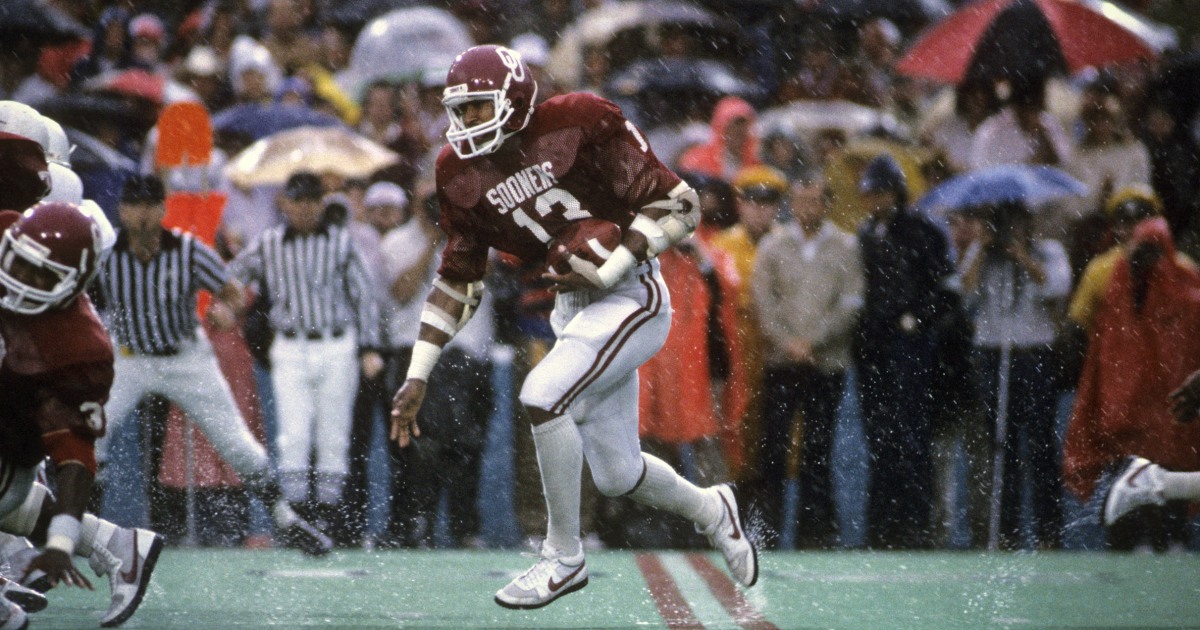The future of a century-old college sports conference hangs in the balance, bringing with it extensive travel for student-athletes. Interestingly, the attorney who played a significant role in these transformations admits his dissatisfaction with the outcome. Andrew Coats, the lawyer responsible for persuading the U.S. Supreme Court in 1984 to enable universities to maximize football revenue, now looks back at the landmark case with regret.
Coats recently spoke to NBC News, acknowledging his role in NCAA v. Board of Regents of the University of Oklahoma and stating, “I think I screwed up college football across the board because I think the case did it.” In that case, the Supreme Court ruled in favor of Coats’ clients, deciding that the governing body of intercollegiate athletics couldn’t limit the trade rights of schools and conferences.
This ruling has resulted in a constant reshuffling of college football conferences as universities seek more lucrative TV contracts. As a result, the once-stable Pac-12 conference, which has been in existence for 108 years, is now facing dissolution, with only four schools remaining. However, these massive TV deals have come at the expense of the student-athletes who are burdened with extensive travel for routine games that were previously accessible via short plane or bus rides.
Notre Dame Athletic Director Jack Swarbrick expressed his discontent with this conference shifting, referring to it as a “complete disaster.” He believes that the focus on the student-athlete and what is best for them has been lost in decision-making processes. Swarbrick advocates for regional scheduling, as it makes more sense logistically and facilitates greater support from parents and fans.
It’s crucial to note that the impact of the 1984 case extends beyond football and affects athletes in all programs, particularly those involved in non-revenue and Olympic sports who now face the burden of long-distance travel. Oregon softball player Paige Sinicki recently expressed her disappointment, as conference games now take her as far as New Jersey, which was not part of her original commitment to the Ducks.
The emphasis on money has overshadowed the well-being of student-athletes, and the realignment of conferences has had far-reaching consequences. Ben Westfall, the voice of Marshall University’s various sports teams, emphasized that this issue extends beyond football and basketball and impacts everyone involved in college athletics. Westfall lamented the transformation of college athletics into a money-driven industry.
The decisions made as a result of Coats’ influential case have eradicated the importance of geographical considerations in college football. Almost every game in the highest tier of college football, the Football Bowl Subdivision, is now streamed or broadcast nationally or regionally. With numerous cable, satellite, and streaming options, fans can watch over 100 games every Saturday during the autumn season.
However, prior to NCAA v. Board of Regents, only a handful of games were televised, consisting mostly of highly-anticipated matchups. The landscape has drastically changed, and the consequences are being felt by student-athletes who endure extensive travel and disrupted schedules.
In conclusion, the repercussions of the landmark case and subsequent TV deals have resulted in significant changes to college football, negatively impacting student-athletes and disregarding the importance of geographic proximity. The attorney who played a pivotal role in these developments now expresses remorse for the unintended consequences of his actions. The future of college sports is uncertain as conferences continue to shift, and the focus on the well-being of student-athletes appears to be diminishing.
Denial of responsibility! VigourTimes is an automatic aggregator of Global media. In each content, the hyperlink to the primary source is specified. All trademarks belong to their rightful owners, and all materials to their authors. For any complaint, please reach us at – [email protected]. We will take necessary action within 24 hours.


